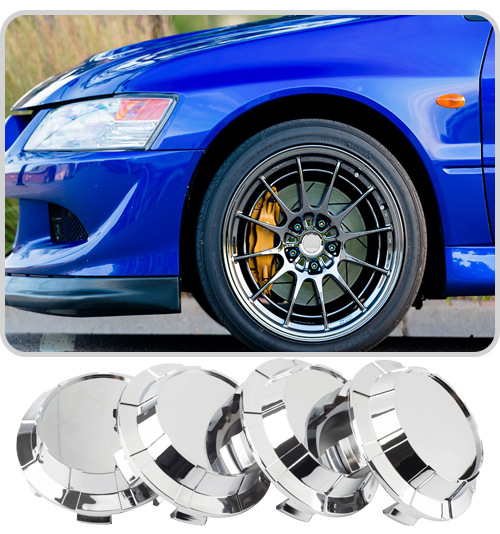Ford Accelerates Cost-cutting Plan
Ford Accelerates Cost-cutting Plan

If there was any doubt that the auto industry is rapidly changing, Ford just delivered proof. Ford Motor Co (F.N) on Wednesday outlined a plan to cut costs and boost profit margins at a faster pace than previously announced, which includes dropping traditional sedan models in North America that have become increasingly unpopular with consumers. The industry pioner is scaling back its North American small car lineup in North America to just two vehicles, the Mustang and the unrevealed Focus Active crossover, in the "next few years." The rest of its range will be limited to SUVs, trucks and commercial vehicles.
While the brand wasn't too specific beyond that, it noted that it was adding hybrid powerplants to many of its vehicles, ranging from the Mustang to historical gas guzzlers like the Explorer and F-150. It reiterated that it'll launch its first all-electric vehicle (the Mach 1 SUV) in 2020, and that it would have 16 EV models on the market by 2022. Some of the incentives for buying small cars, such as fuel economy, are going out the window -- you don't need to buy a compact car to get decent mileage. Combine that with North America's fondness for SUVs and small cars faced a major challenge.
There's also the matter of overall declining car ownership. Even if you discount changing tastes and economic situations, there just isn't as much reason to own a car as there once was. You can order many products online instead of visiting the store, and ridesharing can frequently cover quick trips. That's before self-driving cars arrive, too. Why pour so much money into sedans when many people might hop into robotic cars?
Ford Chief Executive Jim told investors the company is undergoing "a profound refocus" of its operations and may exit unprofitable businesses.
"We'll restructure as necessary, and we'll be decisive," he said. "We're going to feed the healthy part of our business," and dispose of marginal operations, Jim added.
Ford said it expects pretax profit margins of 8 percent globally and 10 percent in North America by 2020, ahead of a previous target of 2022.
While the brand wasn't too specific beyond that, it noted that it was adding hybrid powerplants to many of its vehicles, ranging from the Mustang to historical gas guzzlers like the Explorer and F-150. It reiterated that it'll launch its first all-electric vehicle (the Mach 1 SUV) in 2020, and that it would have 16 EV models on the market by 2022. Some of the incentives for buying small cars, such as fuel economy, are going out the window -- you don't need to buy a compact car to get decent mileage. Combine that with North America's fondness for SUVs and small cars faced a major challenge.
There's also the matter of overall declining car ownership. Even if you discount changing tastes and economic situations, there just isn't as much reason to own a car as there once was. You can order many products online instead of visiting the store, and ridesharing can frequently cover quick trips. That's before self-driving cars arrive, too. Why pour so much money into sedans when many people might hop into robotic cars?
Ford Chief Executive Jim told investors the company is undergoing "a profound refocus" of its operations and may exit unprofitable businesses.
"We'll restructure as necessary, and we'll be decisive," he said. "We're going to feed the healthy part of our business," and dispose of marginal operations, Jim added.
Ford said it expects pretax profit margins of 8 percent globally and 10 percent in North America by 2020, ahead of a previous target of 2022.


